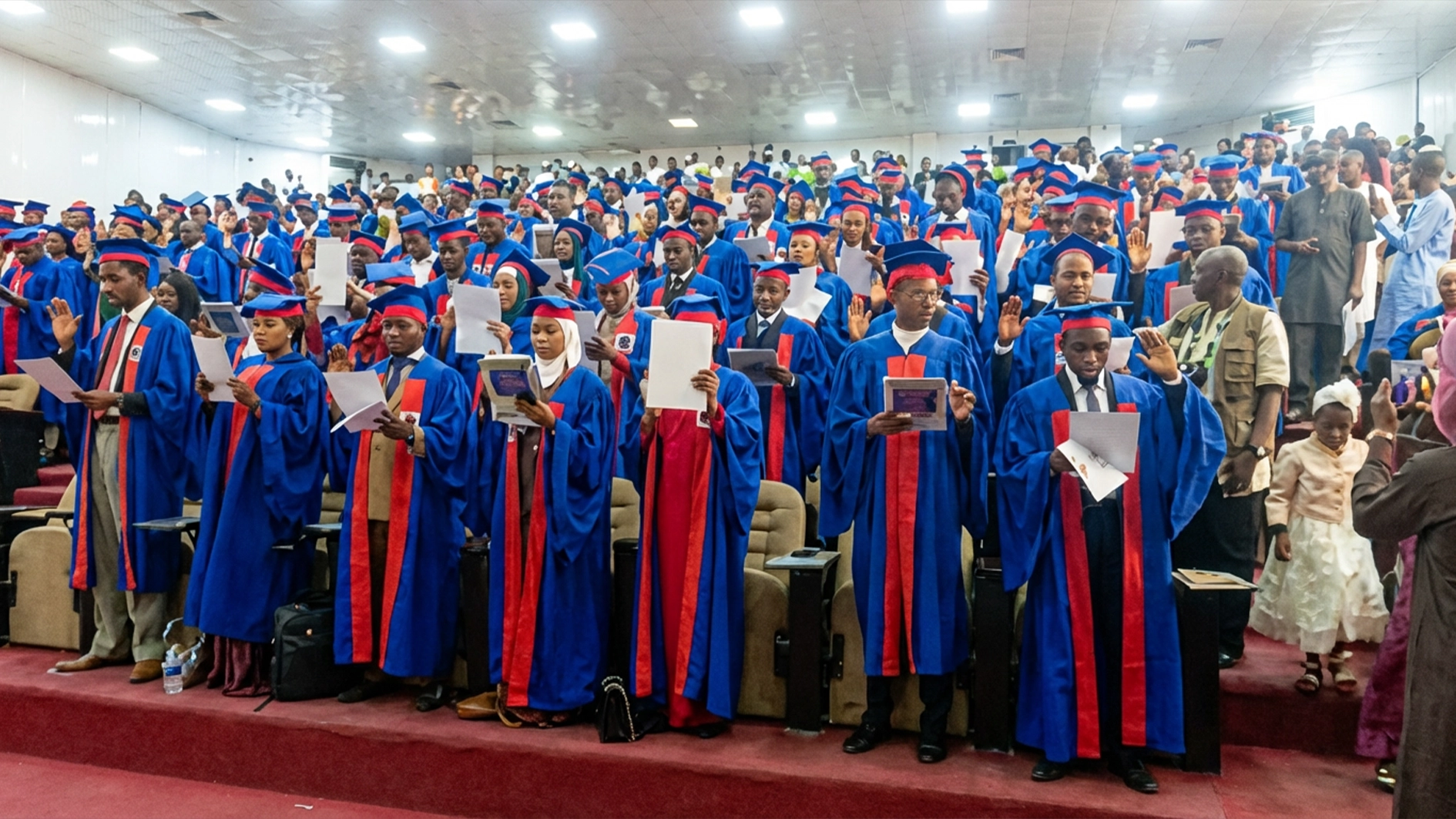A public health educator, Dr Maryam Almustapha has advocated behavioural changes as a treatment for bedwetting, known as nocturnal enuresis in children.
Almustapha recommended limiting fluid intake at night, especially those that contain caffeine or excess sugar, emptying the bladder before bedtime, setting off alarms to wake at regular intervals throughout the night, bladder training like increasing the length of time between bathroom visits, helps to enlarge bladder to allow it to hold more pee.
She also stated that some modern devices can help like the bedwetting alarm, which has a moisture sensor clipped to the underwear. “This detects wetness and triggers an alarm as soon as the child starts wetting the bed.”
On what causes bedwetting, Almustapha said, that as the bladder fills up, it sends a message to the brain which tells the brain that the bladder needs to be emptied. This allows us to wake up and relieve ourselves. It is considered that for bed wetting to occur, somehow there is a dysfunction in this mechanism.
“Three mechanisms have been considered including interplay between excessive urine production at night, over activity of the bladder and a failure to awaken in response to bladder sensations.
“Some associated conditions include urinary tract infections, constipation, ADHD, diabetes and psychological stress/trauma,” she noted. Bedwetting is a common problem that affects millions of children worldwide, including Nigeria. While it can occur at any time of the year, it is worth noting that it is more prevalent during harmattan and wet seasons.
The cool weather conditions can lead to increased urine production, and discomfort, making it more challenging for children to control their bladder. But increased intake of water by children especially at night can also cause bed wetting.
For many parents, bedwetting can be a source of frustration, anxiety, and concern. The stigma surrounding the issue can lead to feelings of shame and embarrassment, causing parents to struggle with how to address the problem.
Some resort to punishment or scolding the kids, while others try various home remedies or seek medical attention. Bedwetting is a common problem in Nigeria. While some intolerant parents often beat such children and or mete out other physical punishments on them to stop them from the act, in some cultures in northern Nigeria, these children are mounted on hyenas believing that it is the remedy for the situation.
Children who experience bedwetting are subjected to ridicule, teasing, or even physical punishment in several societies, which can have long-lasting emotional and
While some children mounted on the hyenas are subjected to terror, fear and anxiety, other vulnerable children are given a variety of herbs and concoctions all to prevent them from the menace.
According to the expert, bedwetting affects children of all ages, sometimes even adults saying however that it is more common before the age of six and usually affects boys more than girls. This is just as she pointed out that this condition can also be genetic and run in families.
“Most children outgrow it. It is not usually considered a health concern unless it persists over the age of seven.”
Specifically, it becomes an issue when the child is over the age of 12 and wets the bed two or three times per week for over three months consecutively,” she said.
She advised parental care and support for children during this period, warning that nothing is achieved by blaming the child or through physical punishment. “Therapy is best achieved through understanding and teamwork along with consistent measures.”






